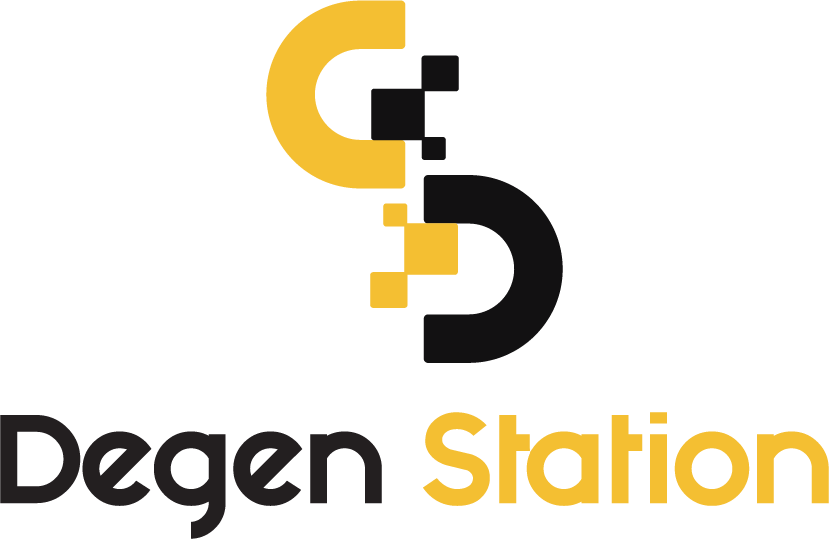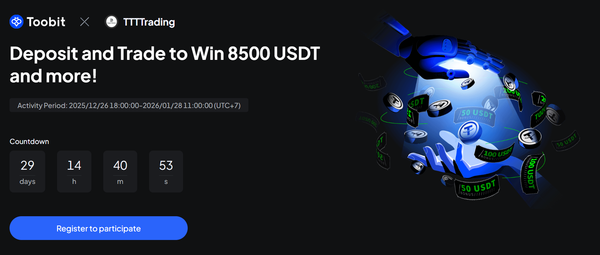Polygon Labs Aims to Develop Layer-2 Solution for ApeCoin

The co-founder of Polygon Labs proposed this initiative and suggested ApeCoin utilize their Chain Development Kit (CDK) to build a Layer-2 solution.

Polygon Labs Aims to Develop Layer-2 Solution for ApeCoin
On the evening of October 10, 2023, Sandeep Nailwal, co-founder of Polygon Labs, introduced a new initiative on the ApeCoin DAO forum, proposing collaboration to construct a Layer-2 using their blockchain development toolkit known as Polygon Chain Development Kit (CDK).
Polygon co-founder Sandeep launched a new proposal on the ApeCoin DAO forum, aiming to promote the ApeCoin community and Polygon Labs to jointly build an exclusive L2 ApeChain based on zero-knowledge technology.https://t.co/mUYQ1fssfD
— Wu Blockchain (@WuBlockchain) October 11, 2023
If approved, investors will witness the launch of the ApeCoin Layer-2 network, dubbed "ApeChain," with an estimated annual operational cost of $200,000 funded by ApeCoin DAO.
Additionally, a $3.35 million development fund from the DAO treasury is set to catalyze projects related to ApeCoin with support from Polygon Labs.
Nailwal shared on the ApeCoin DAO governance forum:
"The ApeCoin DAO community has recognized the need for ApeCoin to transition to its own blockchain for scalability - a move previously hinted at by Yuga Labs nearly 18 months ago on Twitter."
While ApeCoin DAO had voted on AIP-41 to keep ApeCoin within the Ethereum ecosystem, the question of a dedicated blockchain platform remains unresolved.
ApeCoin (APE) is a blockchain project associated with a decentralized autonomous organization (DAO), where token holders can vote and participate in project decision-making processes. It aims to develop an NFT and metaverse ecosystem pioneered by Yuga Labs, the creator behind the Bored Ape Yacht Club (BAYC) and Mutant Ape Yacht Club (MAYC) NFT collections.
We're sorry for turning off the lights on Ethereum for a while. It seems abundantly clear that ApeCoin will need to migrate to its own chain in order to properly scale. We'd like to encourage the DAO to start thinking in this direction.
— Yuga Labs (@yugalabs) May 1, 2022
Initially, APE tokens were distributed to holders of BAYC and MAYC NFTs through an airdrop. While ApeCoin is linked to NFT collections and Yuga Labs, it is managed by ApeCoin DAO.
As reported by Coin68, Polygon CDK is an enhanced solution of Supernet (a previous blockchain development toolkit of Polygon). This toolkit facilitates the framework to deploy Layer-2 directly on Ethereum. CDK-powered Layer-2s can connect via the Shared ZK bridge, enhancing interoperability across different chains.
Polygon Labs' co-founder noted that the proposed ApeChain Layer-2 offers several benefits for the ApeCoin DAO community, including:
- Scalable solutions suitable for gaming and various applications for users.
- Potential cost reduction in transactions and staking rewards for network validators.
- Interoperability with Polygon's suite of solutions, including Polygon PoS (soon to upgrade to zkEVM), Polygon zkEVM, and Polygon Miden (Zk-Rollups technology combined with StarkWare based on Zk-STARK).
Nailwal also outlined financial plans for the $3.35 million ecosystem development fund and specific development phases for ApeChain:
- ApeChain can be deployed over a maximum of 16 weeks across 4 stages, followed by advertising and continuous project development phases.
- $3 million will be allocated for establishing development programs.
- $125,000 over the first 2 years for executive salaries in the ApeCoin ecosystem development department.
- $50,000 in APE tokens as annual rewards, depending on a one-year vesting period.
Polygon Labs' proposal marks a positive development for the ApeCoin ecosystem, especially as the project has recently faced community scrutiny amid steep declines in BAYC/MAYC NFT collection floor prices, and APE tokens are still in a "bottom-fishing" trend.
Implementing ApeChain using Polygon CDK is a positive signal as the blockchain platform continues to actively collaborate, including launching zkEVM Layer-2 with Astar Network, presenting three crucial proposals related to Polygon 2.0 upgrade, and deploying the POL token (MATIC replacement) on the Goerli testnet.





